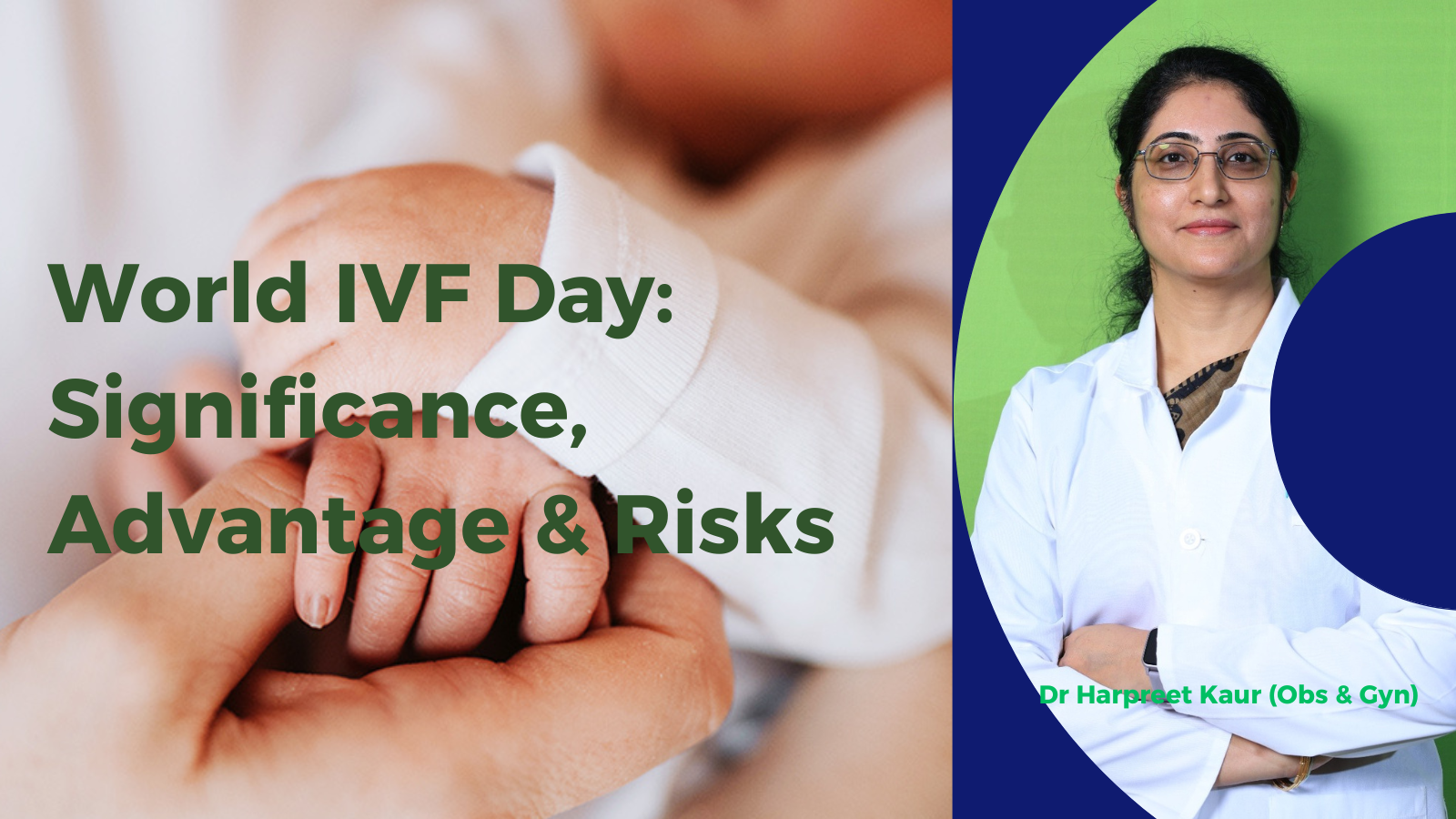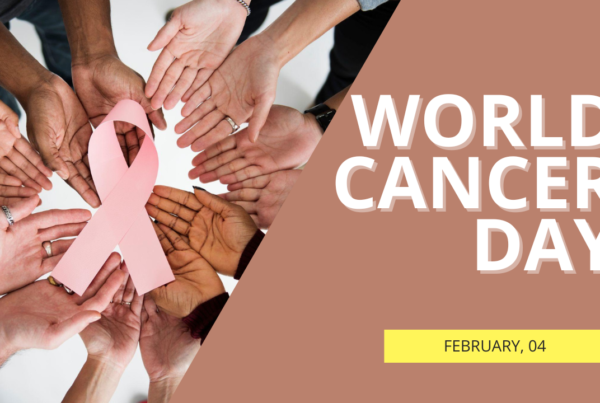World IVF Day also known as World Embryologist Day is celebrated on the 25th of July every year. This day marks the birthdate of first baby that was conceived and successfully birthed through IVF. We recognise this day to celebrate the success and importance of IVF as an effective method of conceiving.
Louise Joy Brown born on the 25th of July 1978 was the first baby born through the IVF procedure. From this day onwards, IVF was recognised for being a reliable reproductive technology to conceive babies.
What is IVF
In vitro fertilization (IVF) is a series of procedures suited for couples who cannot become pregnant naturally or to look out for embryos with genetic problems. It consists of collecting mature eggs from ovaries and fertilizing them with sperm in a lab, then the fertilized egg (embryo) is transferred to a uterus. The entire cycle takes about three weeks.
There are lots of myths and taboo still related to IVF :
1 It is for elderly couple
2. Will it lead to healthy child ?
3 Will all gametes used (ovum and sperm ) will be mine?
4 Process of IVF will deplete eggs
5 It will never be successful in first attempt
6: IVF will lead to cancer
All these myths are baseless since it a process for any childless couple irrespective of age in which there gametes (if healthy ) are used for fertilization and embryo production .It does not deplete eggs and is helpful for women whose eggs with age are getting depleted or due to medical or surgical conditions the ovaries are affected like in Premature ovarian insufficiency ,surgery done in ovary for endometriosis ovarian cyst or ovarian cancer.
It is a beacon of hope for young girls who might need treatment for ovarian conditions (cancers and cyst )and they can preserve their eggs for future use through IVF so that they can have their own genetic child child.
INDICATIONS FOR IVF
1: Fallopian tubes block: There are two fallopian tubes connected to the uterus. An egg is released every month and it travels through fallopian tubes to meet the sperm naturally. When both the tubes are blocked, the possible option left is IVF. Tubes are most commonly blocked due to genital TB, past history of rapture ectopic pregnancy surgery and complete hydrosalpinx.
2.Endometriosis: It is a condition leading to chocolate cyst in ovaries and also adhesions affecting tubo ovarian axis.All cases of endometriosis don’t need to go for IVF .It is advised in cases of severe endometriosis (grade 3-4),other failed attempts of IUI,low ovarian reserve.other factors like male factor ,age.
3 Age-related infertility( Quantity and quality of eggs decreases with age): Those with decreased ovarian reserve
4. Risk of some inherited disease: Those who have family history of genetic diseases can go for IVF and do preimplantation genetic diagnosis and then proceed further ensuring a healthy progeny.
5. Unexplained infertility: The couple who has been investigated and all reports are normal and not conceiving with basic treatment can go ahead with IVF
6: Male factors with less sperms or less number of motile progressive sperms . There is marked abnormality in semen analysis like counts less than10 million/ml or motility less than 30% and defect in morphology etc. such cases are advised to go for IVF treatment increase the success rate of pregnancy.
7.Women with failed cycles of other infertility treatment (IUI)
However, IVF does not produce new eggs for patients and if the uterus is unable to implant & carry the pregnancy, IVF cannot address that problem.
IVF success rates
Age is the primary factor that greatly affects IVF success rates. Women under the age of 35 have an approximately 50/50 chance of having a baby with their first IVF egg recovery and subsequent embryo transfer. Women who are not pregnant after the first IVF cycle still have a good chance of becoming pregnant during the second, third, and even more cycles of IVF.
Advantages, Disadvantages, and Risks of IVF
Advantages
IVF is more successful than intrauterine contraception (IUI), which is another commonly used fertility method. It may also provide access to genetic testing of embryos. IVF has the potential to prevent multiple births with the use of single embryo transfer .
IVF is also beneficial for people who want more than one child since frozen embryos that are not used to obtain the first pregnancy may be attempted in the future to have additional children.
Disadvantages Of IVF
It is more demanding for the couple.
Leads to lot of physical mental and financial stress.
Multiple hospital visits and injections .
It also advised for couples to sit with their doctor and discuss all questions so that they can go ahead with less fear and more chances of success.
This article is written by
DR. HARPREET KAUR
Senior Consultant – (Obstetrics And Gynaecologist)
MBBS | MS (Obstetrics And Gynaecology)




